Celebrating Verdi and Italian Opera in Parma, Busseto, and Beyond
Giuseppe Verdi, perhaps the most well-known Italian Opera composer of all time, was born in 1813 in Busseto, in the province of Parma. And it's in those two charming northern Italian towns that the annual Festival Verdi will be taking place from September 26 to October 20, 2019, under the direction of Anna Maria Meo, the Director of Parma’s Teatro Regio, who recently toured the US to promote the event, stopping in New York, where she spoke at NYU Casa Italiana Zerilli-Marimo.
On this occasion, we asked her to tell us about the Festival, its history, mission, its program, as well as about the Teatro Regio and her work there, and more generally about Verdi, Opera and how to promote it in today's world. We also spoke with Francesca Campagna, the Executive Director of the New York-based International Friends of Festival Verdi, an initiative aimed at promoting the festival in the United States and supporting its activities by acting as a bridge between two realities: Parma and New York.
ANNA MARIA MEO - GENERAL DIRECTOR OF THE TEATRO REGIO IN PARMA
When and how was the Festival Verdi born? With what aim?
The first big celebration of Verdi took place in 1913, a hundred years from his birth. It was a double celebration which took place in Parma under the direction of Cleofonte Campanini, and in Busseto with the legendary Toscanini. In 1951, 50 years from his death, the biggest Verdi interpreters of the time met in Parma.
Then, in 1989, Festival Verdi was born: an initiative that, within the context of a productive union between the public and private sector, offered a month filled with operas, concerts, and other prestigious events.
In 2001, a hundred years from his death, the Festival Verdi started up again (it was interrupted for some years, ed.) to celebrate the Maestro and offer the unique occasion to listen to his music in his land while enjoying its many excellencies in the fields of art, landscape, and gastronomy.
Operas, concerts, new adaptations in different theatres, special commissions, debuts, innovative performances using original language and profound text analysis, offerings for children and young people, where Verdi’s music meets contemporary languages, constant research and the promotion of new performance spaces: all this and much more makes up Festival Verdi today, the only Festival in the world entirely dedicated to the Maestro.
How has the Festival evolved over the course of the years?
We are now at the 19th edition. After some years of interrupted programming, since 2016, the Verdi Festival has assumed a well-defined structure which features concerts, recitals, and encounters centered around four operatic productions: two at the Teatro Regio, one at Busseto’s Teatro Verdi and one in a special location amongst the many that this region can offer. After having brought Opera back to the marvelous Teatro Farnese, this year we will revive the Medieval Church of San Francesco del Prato, which has been closed to the public for many years and is now being restored.
A defined and constant structure is fundamental to the creation of the Festival’s identity and thanks also to well-planned programming and articulated international promotion, we have seen in recent years, record-breaking income and attendance far beyond our most optimistic expectations.
How has Festival Verdi impacted the Teatro Regio and vice versa?
Festival Verdi is the time of highest productivity and media exposure for the Teatro Regio. A moment towards which work all year long, in parallel with our regular programming and at least two years ahead: its impact on the structure is therefore decidedly important, I would say overwhelming.
On the other hand, the Verdi Festival wouldn’t exist without the Teatro Regio: only a theatre with such a strong identity built on the tradition and cultural wealth of the unique territory that gave birth to Verdi himself could produce an international festival dedicated to the Maestro.
Can you tell us about Verdi Off?
Verdi Off, a series of free collateral events which take place around the Festival, was born 4 years ago following an idea by Barbara Minghetti, who wanted to encourage and share a festive atmosphere with all those who live in and are visiting the land of the Maestro during the time of the Festival.
Shows, concerts, exhibitions, installations, dj sets, encounters, films, special projects become an occasion to inhabit and live the city’s most beautiful sites in the context of Verdi’s music, including courtyards, streets, piazzas, private homes.
Special attention is also given to those who cannot attend these spaces, such as detainees and the patients of the children’s hospital, with whom Verdi Off engages through dedicated shows.
So it’s a rich and diverse program, involving a larger and wider public each year, which has now become an intrinsic part of the Festival and of the town.
Who is your audience generally made up of? Is it mostly local, international, mixed?
The Festival’s audience is heterogeneous and data analysis from the previous edition witnessed once more the international reach of the Festival and its ever-growing appeal towards visitors coming from all 5 continents, with two thirds of extraterritorial presences. In 2018, compared to the previous year, Parma welcomed spectators from Ethiopia, Bulgaria, Latvia, Ukraine, Romania, Denmark, and Portugal. So, I would say that the Festival is deeply rooted in the territory but has a decidedly international reach.
Do you see many people - both audience members and performers - return to the Festival from one edition to the next?
I can proudly answer that almost every time, those who experience Festival Verdi return the following year. This is true both for the audience - who for the most part have a renewable membership - and for national and international critics and journalists. Artists as well are satisfied with their experience, as we do everything we can to take care of them during their time at the Theatre, so they too are happy to come back!
Why is the music of Verdi important today?
Like every valuable work of art, I believe that Verdi’s music is important and always topical because it speaks of us. It expresses, through the high language of music, universal and transversal feelings and values, shared across any epoch or latitude: it speaks of love, jealousy, identity, friendship, internal and interpersonal conflicts, it speaks of mankind and does so using beauty, a universal and immortal form of beauty. From this comes its importance and eternal actuality.
Do you find it challenging to promote this type of music, especially to younger audiences?
It’s challenging in that it requires a dedicated effort to make Opera known to younger generations and help them go beyond the preconception that it’s only for old people. The Teatro Regio was a pioneer on the theme of education and 20 years ago it launched “Imparalopera”, a format which allowed thousands of students to learn about lyrical music.
Since 2015, the Theatre organizes RegioYoung, a full season dedicated to schools and families, featuring each year a dense program of shows and a new opera for children commissioned to a different composer each time. The goal is to introduce the world of Opera and of the Theatre to the public of tomorrow: a challenge in which we strongly believe and we hope to successfully address.
What are your projects, your dreams for the future of the Festival and of the Theatre?
There are many projects, some very ambitious and already under way. All go in the direction of consolidating the great work that we have been tenaciously carrying out over the years, with the support of all the workers at Teatro Regio and all the local institutions and businesses that help sustain us.
So, towards consolidating the prestige of Festival Verdi, its record-breaking attendance numbers and income flows, its international reach, its dense network of collaborations with local realities, and the Theatre’s year-round programming, which is divided into Opera, Concert, Dance and School season.
There is a lot of work but it doesn’t scare us!
FRANCESCA CAMPAGNA - EXECUTIVE DIRECTOR INTERNATIONAL FRIENDS OF FESTIVAL VERDI
When and how was International Friends of Festival Verdi founded?
The project was launched during the 2017 edition of the Festival. On that occasion, a group of American patrons went to Parma for 5 days during the Festival: they explored the beautiful territory, tasted local delicacies, and at night attended the Verdi Festival shows. In early 2018, Anna Maria Meo contacted me to start a collaboration with the intent of creating a stable point of reference in the United States based in New York.
What is the goal behind this initiative?
It’s a non-profit organization with the goal of promoting Festival Verdi - which is truly one of a kind - by creating a group of members interested in sustaining the Festival through their participation in it and their donations, which are 100% tax deductible. The funds we raise are then re-invested both in the activities carried out in the United States and in the programming of the Festival in Parma.
The next step will be to raise funds specifically for a fellowship program at the Accademia Verdiana. The program takes place each year and consists of an 8-month intensive formative course for 12 young singers selected from all over the world.
In the last few years, the Festival has reached such remarkable artistic standards that it has garnered international attention. Friends of Verdi addresses Opera aficionados but also non-experts who are generally interested in Italy and the art of making Opera. Thus, American associations and theatres also see in Friends of Verdi an occasion for contact, to gain knowledge and enrich their offering. It’s not easy to come by the opportunity to have the unique experience to become a member of IFFV (International Friends of Festival Verdi) or for a theatre to have the chance to produce an original show for the Festival.
Why is it important to promote the music of Verdi in the US and in general outside of Italy?
The music of Giuseppe Verdi is admired across the world, with Americans there is a very special bond. From the very beginning, I noticed a profound interest from all those I mentioned the project to. Exporting and promoting in a contemporary key the work of the composer from Bussetto is a great challenge for me and a huge honor.
Why did you decide to set up a base here in New York?
The decision to have a link here in New York was made in Parma, following the vision of the Teatro Regio, which, under the direction of Anna Maria Meo, has been undertaking a strong international push. New York is one of the most important cultural hubs in the world and it feels natural to start setting the foundations for a simple but innovative project here.
We plan on developing ideas and initiatives that come from uniting a professional experience in the world of Opera with life in New York.
The organization is described as "a bridge with the Teatro Regio in Parma." How do you bring Parma to New York and vice versa?
I believe projects have to be conceptualized and built by imagining their implementation based on the countries of reference. In this case, it’s very important to create a fusion that benefits two places as different as Parma and New York. To find a common starting point to build the bridge, initiate the dialog. In this case, it’s the love for Opera, for Giuseppe Verdi, and for the divulgation of music but also of the territory. It’s an exchange in which both Parma and New York contribute their best.
What has the response been like so far? What kind of people have been participating?
We’ve encountered great interest and participation from both private individuals and organizations, such as theatres. And it’s growing.
Sure, there’s a lot of work to be done, and we have to find the right interlocutors, or rather friends, that will act as the project’s ambassadors with their friends and colleagues.
For now, the two annual events (April 2018 and June 2019) and other small private events have gone very well...especially considering how in New York everyone is always so busy!
Have you found American audiences to be different from Italian ones? If so, in what way?
Absolutely, audiences and habits are very different from country to country. One thing that strikes me about American audiences is their generosity, which makes them want to be a part of the cultural project. So, for example, buying a very expensive ticket or making a donation are completely normal things here. In Italy, culture is considered an exclusively public service so there are few people who would even consider active participation through volunteership or philanthropy.
How do you envision the future of the organization? Can you tell us about some upcoming initiatives you have in store for your members?
The next highly anticipated event is the 2019 edition of the Festival in Parma, which some American patrons and members of the IFFV will attend. We offer various types of exclusive tours, the hottest weekends will be October 4-7 and October 10-14.
Meanwhile, in New York, on top of promoting those events, we will continue to promote International Friends and its divulgation in the US through various collaborations with universities and associations.
I would also like to create a special project for the 2020 edition of the Festival to take place in parallel with the initiatives for Parma 2020 Capital of Culture.
My dream is to one day realize a special edition of the Festival here in the United States.































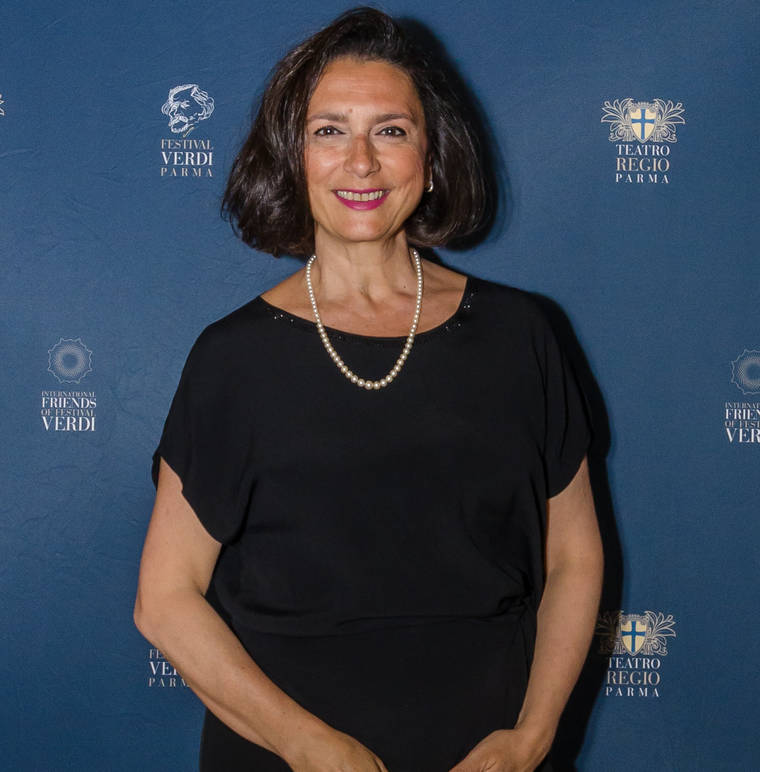


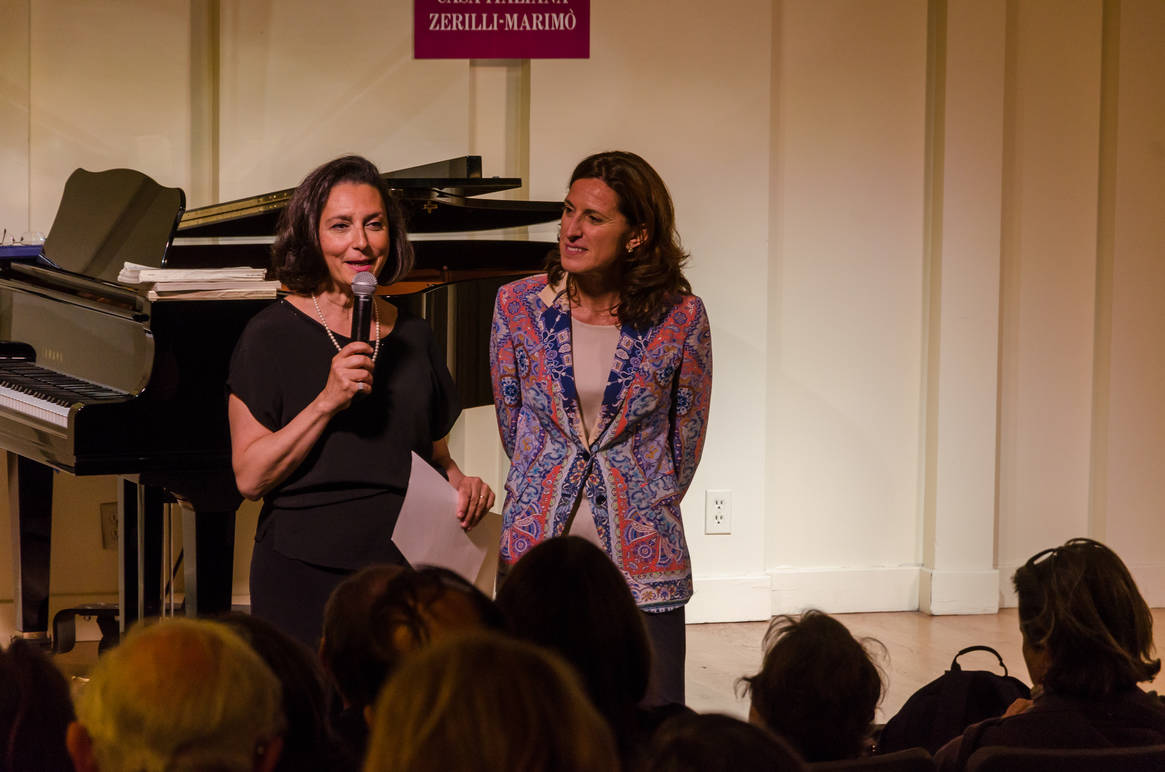
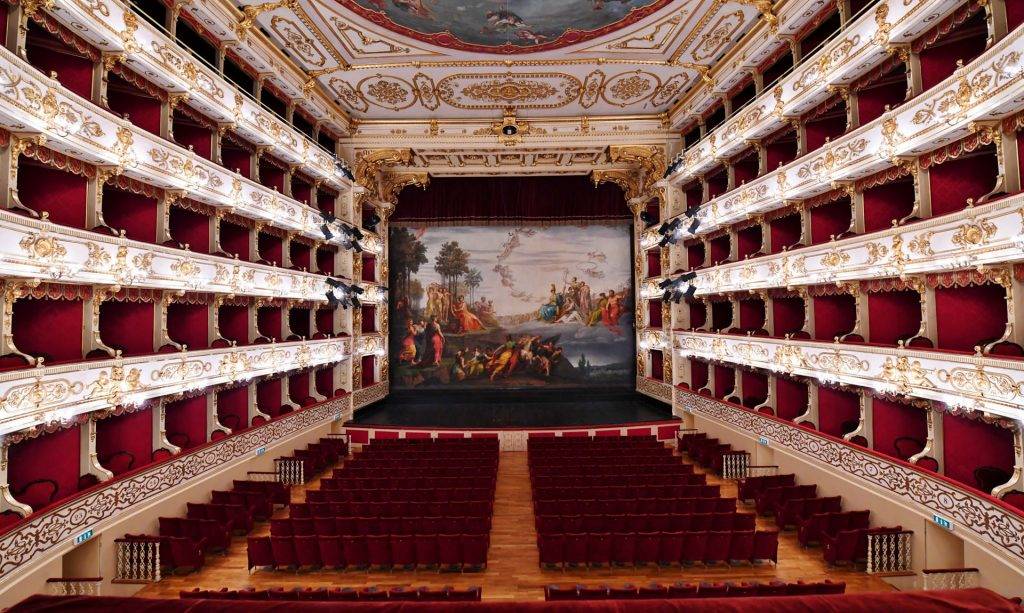
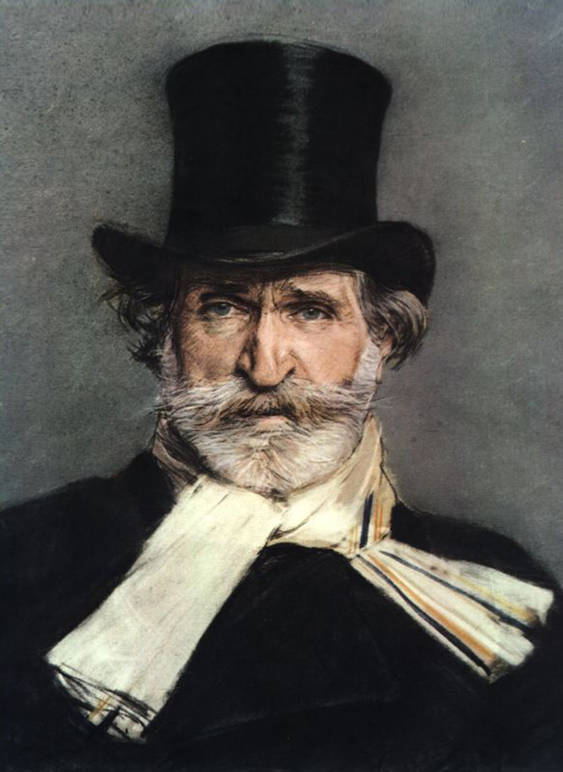
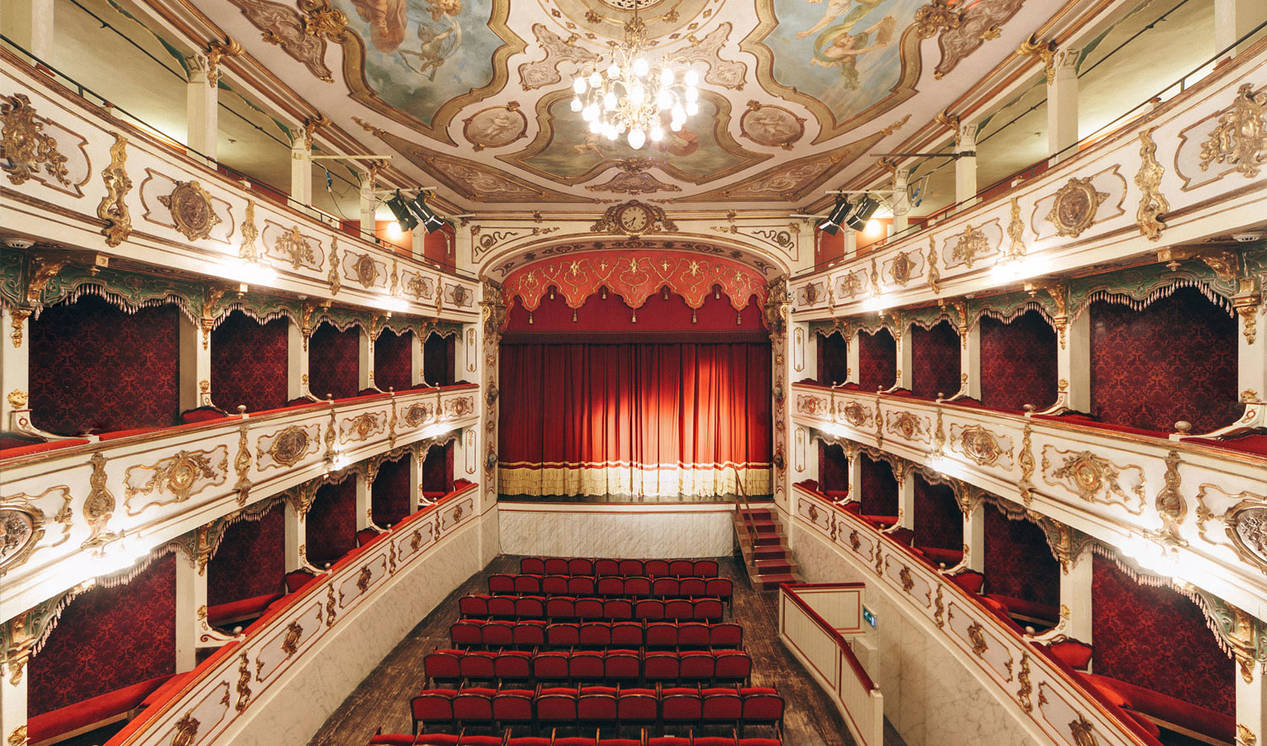
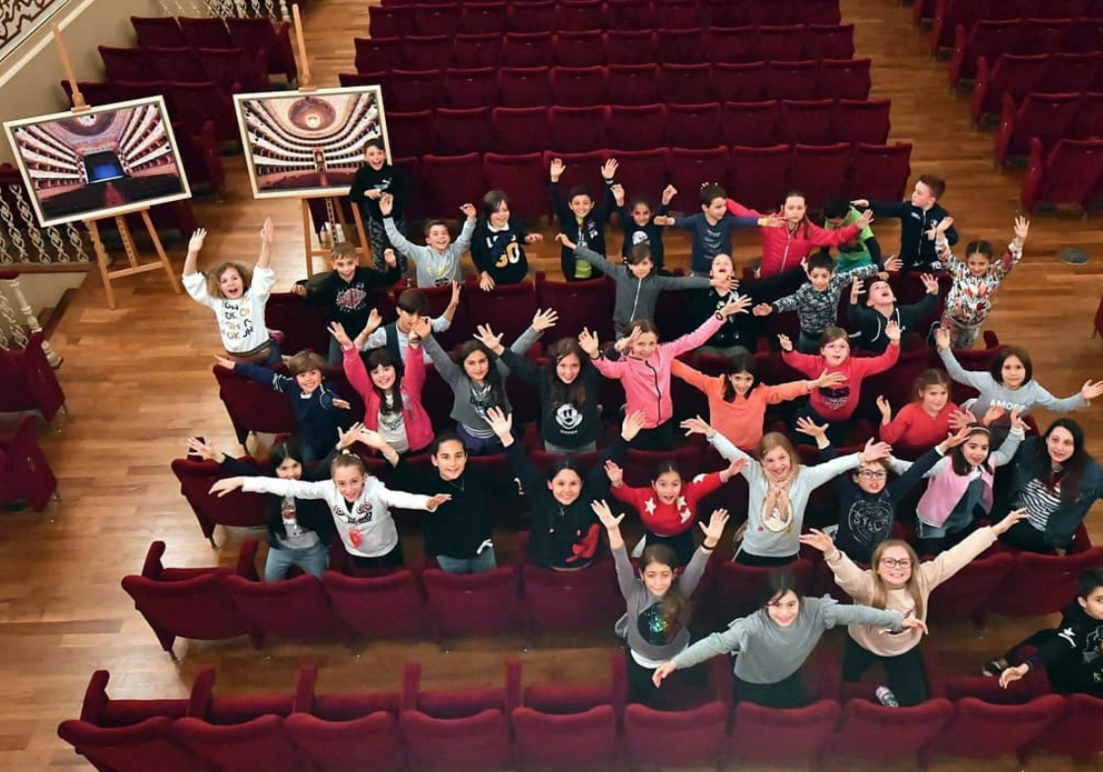
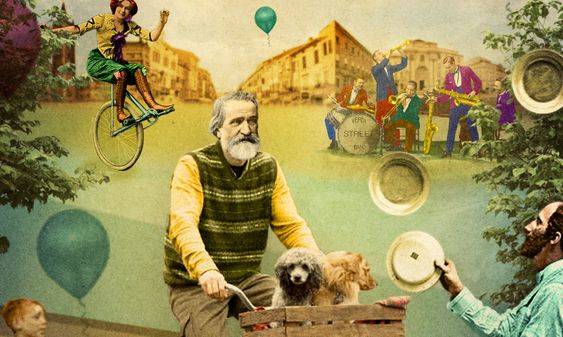




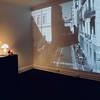
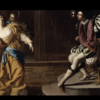
i-Italy
Facebook
Google+
This work may not be reproduced, in whole or in part, without prior written permission.
Questo lavoro non può essere riprodotto, in tutto o in parte, senza permesso scritto.